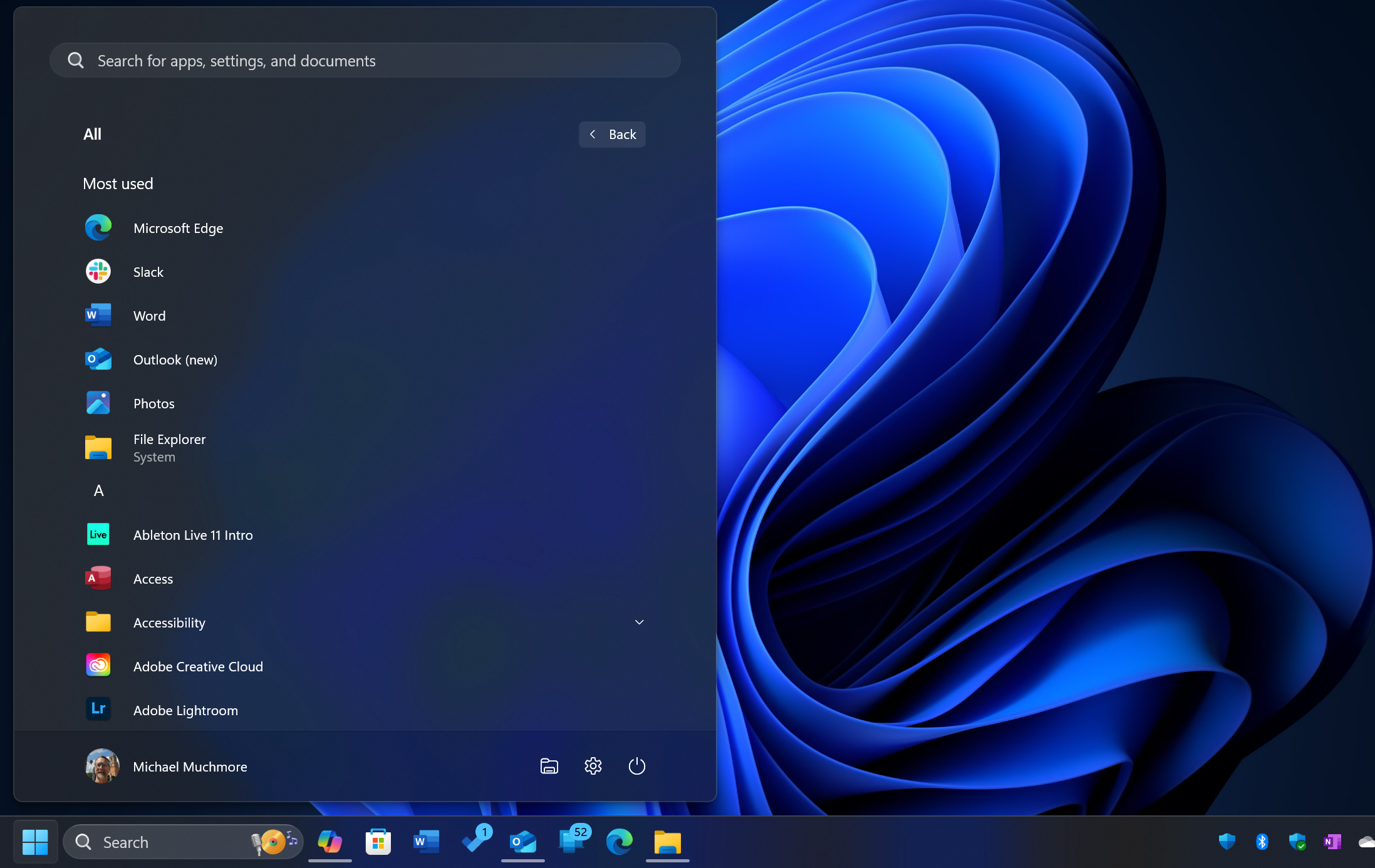Have you ever felt bogged down by endless research, sifting through countless documents and web pages just to find the information you need? What if that tedious process could become significantly easier, almost effortless? Well, Microsoft just announced a major upgrade to its AI assistant, Copilot, that might just do that. The tech giant is injecting powerful, AI-driven deep research tools into Copilot, aiming to transform how we approach information gathering and analysis. Could this be a game-changer for students, professionals, and anyone who needs to conduct thorough research? Let’s dive into what this update means for you.
Microsoft recently unveiled two new “reasoning agents” for Microsoft 365 Copilot: Researcher and Analyst. These tools are designed to go beyond the capabilities of standard chatbots, offering users the ability to conduct complex, multi-step research and in-depth data analysis directly within the Microsoft 365 ecosystem. This development positions Microsoft alongside other major players in the AI space like OpenAI (the technology partner behind Copilot), Google, and xAI, all striving to integrate advanced reasoning AI into their platforms.
Researcher: Your Intelligent Research Assistant
Imagine having a super-fast, highly efficient research assistant at your beck and call. That’s essentially what Researcher aims to be. Built upon OpenAI’s deep research model – the same technology that powers the advanced research features of ChatGPT – Researcher combines this power with Microsoft’s advanced orchestration and deep search capabilities. This allows it to tackle intricate analytical tasks that would typically require significant time and effort.
What can Researcher actually do? According to Microsoft, this tool excels at tasks like crafting detailed market strategies and generating comprehensive quarterly reports. It can analyze vast amounts of data, pulling information not only from the web but also from your internal work documents, including emails, meetings, and chats. This means you can get a holistic view of a topic, incorporating both external trends and internal knowledge.
But the capabilities don’t stop there. Researcher can also connect with third-party platforms like Salesforce, ServiceNow, and Confluence. This ability to tap into various data sources makes it an incredibly versatile tool for professionals who rely on information from multiple applications. For instance, a marketing team could use Researcher to analyze customer data from Salesforce, combine it with web-based market research, and generate a comprehensive go-to-market strategy – all within the familiar Microsoft 365 environment.
Analyst: Your Data Science Expert
The second tool introduced by Microsoft is Analyst, designed to function as a skilled data scientist right within Copilot. Built on OpenAI’s o3-mini reasoning model, Analyst employs a “chain-of-thought reasoning” approach to solve problems in multiple steps, mirroring how a human analyst might tackle a complex data query. This allows it to provide detailed and accurate answers to intricate questions.
Analyst shines when it comes to processing and analyzing raw data. It can work across multiple spreadsheets to perform tasks like predicting future revenue and expenses, forecasting demand for a new product, and even visualizing customer purchasing patterns. For those dealing with really complex data, Analyst can even run Python code, and users can view the code in real time, providing transparency into the analytical process. This feature could be particularly valuable for finance professionals, business analysts, and anyone who works with large datasets. Imagine being able to ask Copilot to analyze your sales data, predict future trends, and even generate visualizations – all without needing to be a coding expert.
What Makes Microsoft’s Approach Different?
While other companies offer deep research tools, Microsoft highlights a key differentiator: the tight integration with your work life. Unlike more general-purpose tools, Researcher and Analyst are specifically designed to work with your Microsoft 365 data. This means they can provide contextually relevant insights based on your organization’s specific information. The ability to connect with third-party business applications further enhances this advantage, allowing for a more comprehensive and integrated research experience.
Early Access and Future Availability
These new AI-powered research tools will initially be available to Microsoft 365 Copilot license holders who are part of Microsoft’s new “Frontier” program. This program offers early access to new Copilot features that are still under development. The rollout of Researcher and Analyst is scheduled to begin in April, giving these early adopters a first look at the potential of these powerful tools. While there’s no immediate word on whether these features will eventually make their way to the standard Copilot built into Windows 11, their initial focus on the business environment suggests Microsoft is targeting professionals and organizations first.
Addressing the Elephant in the Room: Accuracy
With any AI-powered tool, especially those designed for research, the question of accuracy is paramount. Microsoft acknowledges this challenge, stating that like other reasoning models, Researcher and Analyst are not immune to errors. They might sometimes misinterpret sources or even reference unreliable information. Therefore, it’s crucial for users to always double-check the information provided by these tools against reliable sources. While these tools can significantly speed up the research process, critical thinking and verification remain essential.
Potential Impact: Making Research More Accessible
Despite the need for verification, the potential impact of these new tools is significant. By making deep research and complex data analysis more accessible, Microsoft could empower individuals and organizations to gain insights more quickly and efficiently. Students could potentially use these tools to conduct more thorough research for their projects. Professionals could leverage them to make more informed decisions based on data-driven insights. The possibilities are vast.
A Glimpse into the Future of Work?
The integration of AI-powered deep research tools into Copilot feels like a significant step towards a future where AI assistants play an even more integral role in our daily workflows. By automating some of the most time-consuming and challenging aspects of research and analysis, these tools could free up human users to focus on higher-level thinking, creativity, and strategic decision-making.
So, could Microsoft’s new AI Copilot finally make research easy for everyone? While it’s still early days, the introduction of Researcher and Analyst certainly suggests a promising direction. By combining the power of advanced AI models with seamless integration into the Microsoft 365 ecosystem, Microsoft is offering a compelling vision of the future of research. As these tools become more widely available and continue to evolve, they have the potential to truly transform how we gather, analyze, and utilize information in our personal and professional lives. The ability to ask complex questions and receive well-researched, data-backed answers with unprecedented speed could indeed be a game-changer for many.










Add Comment